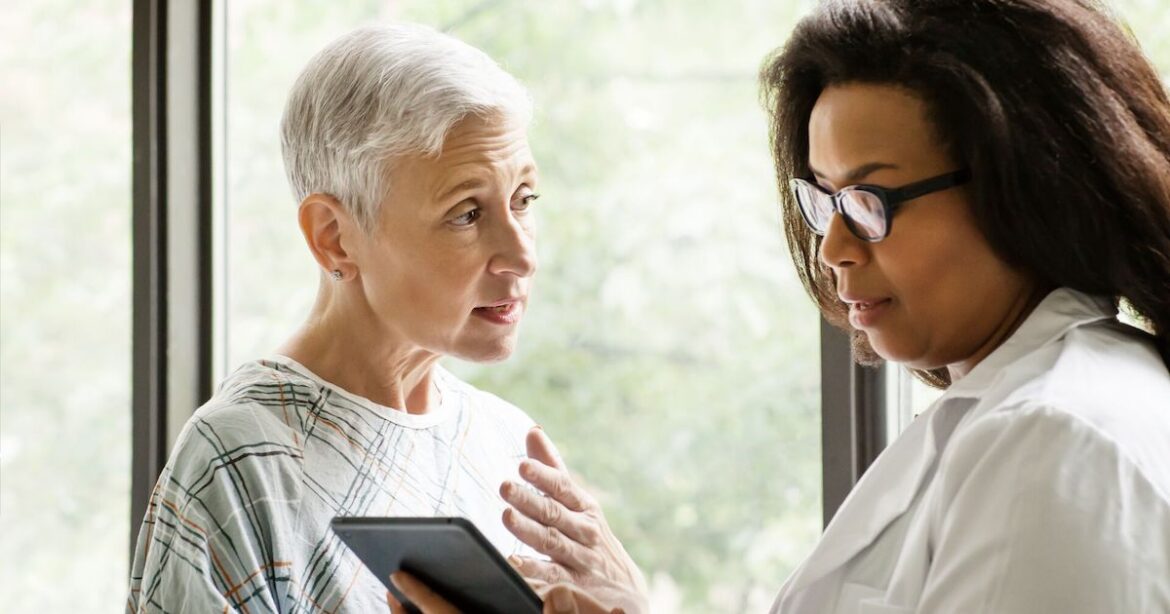A new algorithm-based biological ageing clock developed in Singapore has shown potential to better predict mortality and health outcomes by only using clinical data.
Researchers from the National University of Singapore’s Yong Loo Lin School of Medicine (NUS Medicine) recently introduced an updated version of their existing biological ageing models to more accurately assess a person’s ageing.
WHAT IT’S ABOUT
The updated model, called LinAge2, was trained on the US National Health and Nutrition Examination Survey, a large public dataset containing routine health information from thousands of people. It includes data on physical examination results, blood test values, and mortality records.
It utilises a mathematical technique called principal component analysis to extract key health patterns and estimate a person’s biological age. Unlike chronological age, which is a fixed measure of how many years an individual has lived, biological age refers to the health and function of their body’s cells and tissues.
LinAge2 builds on its earlier version, LinAge, as well as PCAge, which are both based on blood and urine tests and have already demonstrated strong capabilities to predict long-term mortality and functional health decline. Adopting common feedback from clinical applications of these models, the updated model removed complex laboratory tests and was adjusted for gender differences.
Additionally, it now comes with a visual tool to help users easily identify specific health factors responsible for accelerated ageing.
FINDINGS
The NUS Medicine research team tested LinAge2 to predict both mortality and functional health, including gait speed, cognitive performance, and independence in daily activities.
Their study, which findings have been published in npj Aging, found that the updated model better predicted mortality risk over 10 and 20 years than existing DNA-based epigenetic clocks, including PhenoAge, DunedinPoAm, HorvathAge, HannumAge, and GrimAge.
Researchers were able to discover an association between functional health and biological age. This was based on the finding that people with lower biological age on LinAge2 walked faster, had better cognitive scores, and were able to perform daily tasks more independently.
Another key finding was that the model identified specific health issues (smoking and metabolic syndrome) as risk factors that accelerate ageing.
WHY IT MATTERS
A more accurate measure of biological ageing can help inform personalised strategies for treating diseases or extending a person’s healthspan, or the years they live healthily.
“Our long-term vision is to embed tools like LinAge2 into everyday medical practice, which doctors can use during check-ups, to help them tailor treatment plans based on a person’s true biological condition and not just their age in years. By identifying who is ageing faster inside, we can help patients act early to slow it down through lifestyle changes, medical treatments, or preventive care. This can lead to better quality of life and longer healthspan, not just life expectancy,” shared Dr Fong Sheng, a geriatric medicine consultant at Ng Teng Fong General Hospital and the study’s clinician collaborator.
NUS Medicine said the research team is now working with Singaporean health tech company, NOVI Health, to incorporate their clinical ageing clock as part of its health longevity program.
Meanwhile, they are also planning to validate their model across more diverse populations and explore its application in monitoring responses to healthspan interventions, such as lifestyle modifications, dietary adjustments, and medications.
MARKET SNAPSHOT
Another innovation in measuring a person’s biological age is calculating it using retinal images. Researchers from the Singapore Eye Research Institute worked with South Korean startup Mediwhale to develop their deep learning-driven tool called RetiAge, which has also demonstrated potential to predict an individual’s 10-year disease and mortality risk.
Meanwhile, Hong Kong-based Deep Longevity is an established name in ageing research. It has also developed not only a biological ageing clock but also an AI-driven test that estimates psychological age. The company had also utilised its biological ageing model to estimate the survival of hospitalised COVID-19 patients.
ON THE RECORD
“It is our hope that validation of LinAge2 in various cohorts and populations will bring us closer to a future of preventive, personalised, and proactive medicine — where we address ageing itself, not just the diseases it causes,” commented Jan Gruber, an associate professor and the principal investigator of the Health Longevity Translational Research Programme at NUS Medicine.
